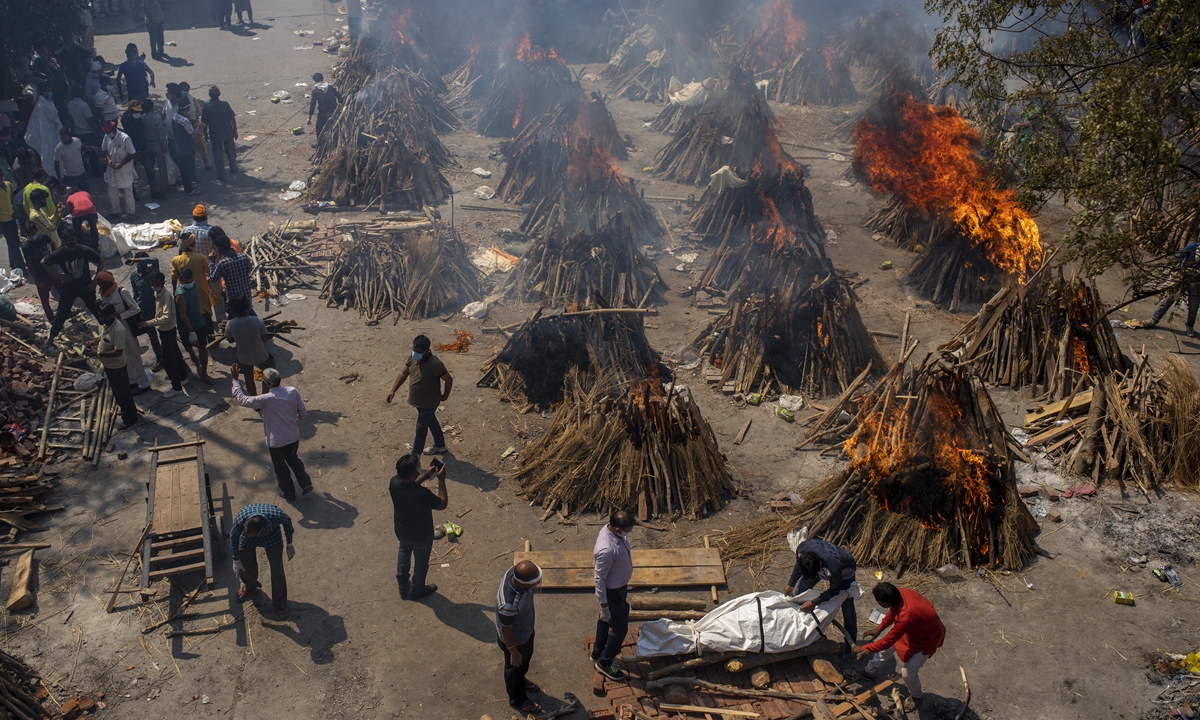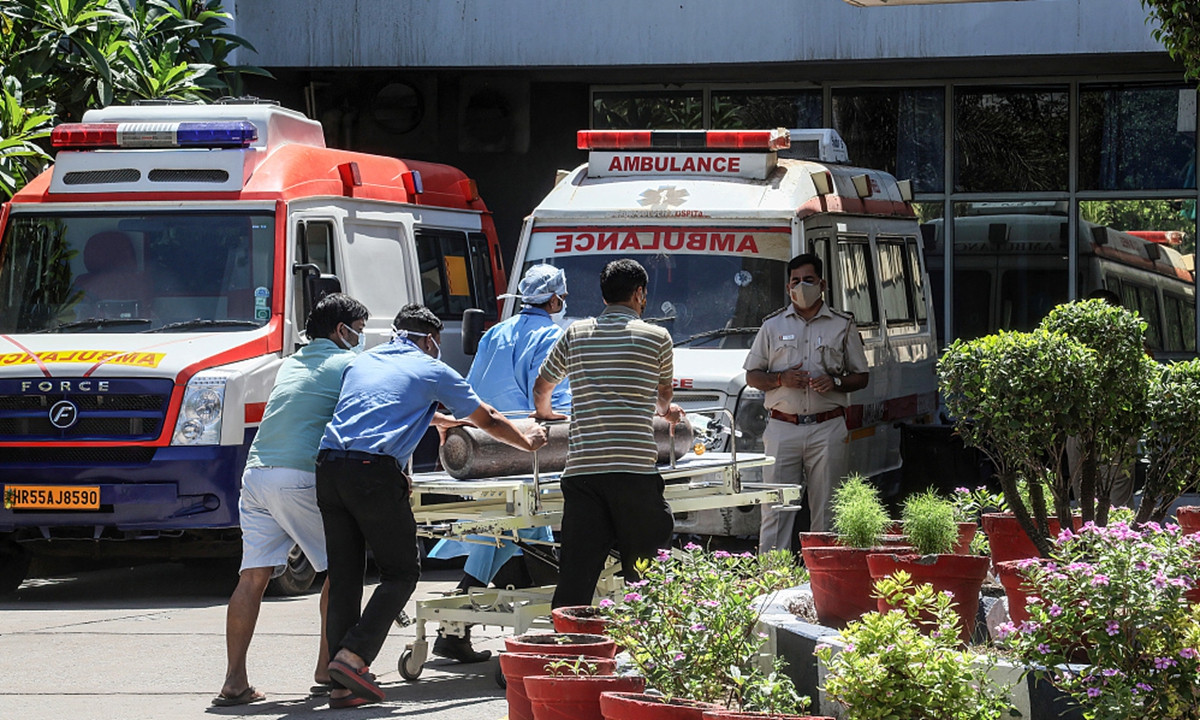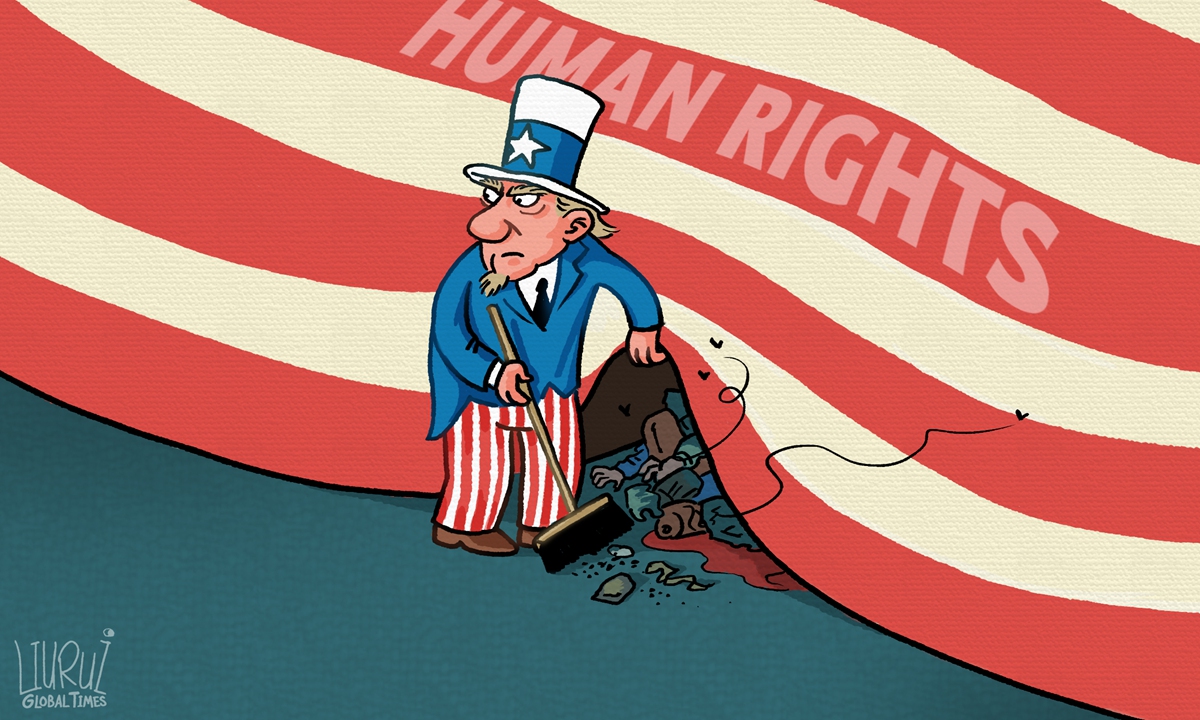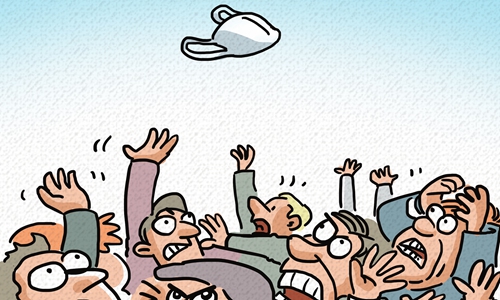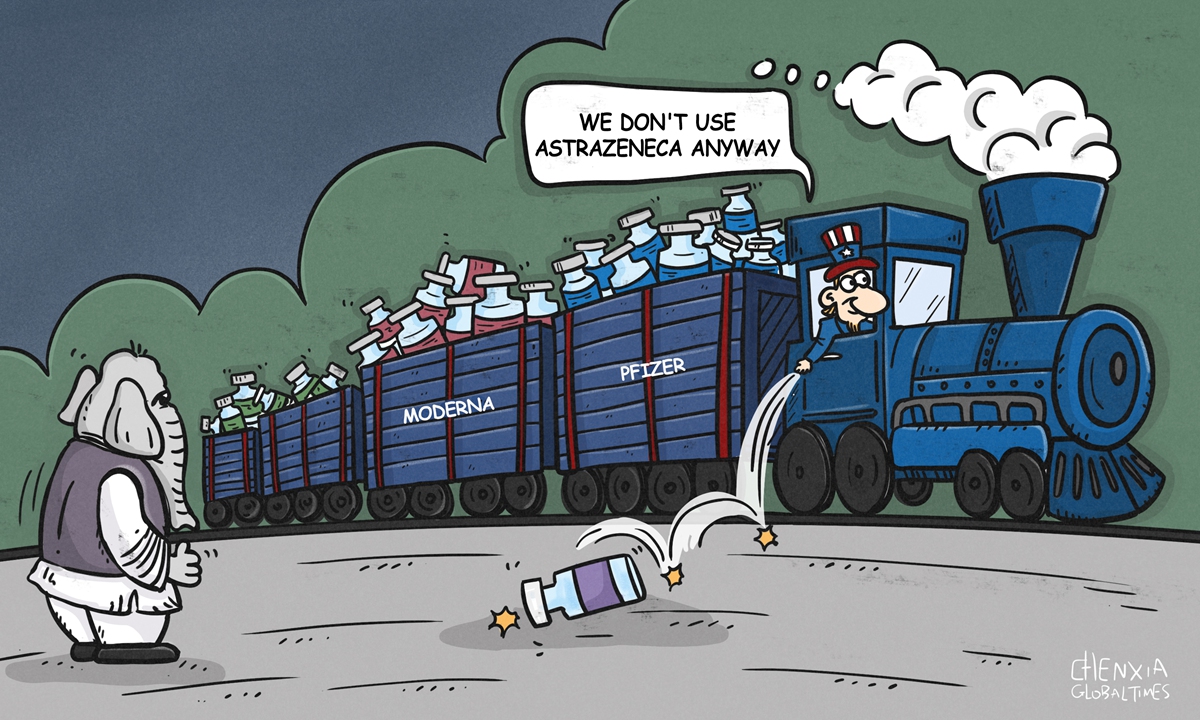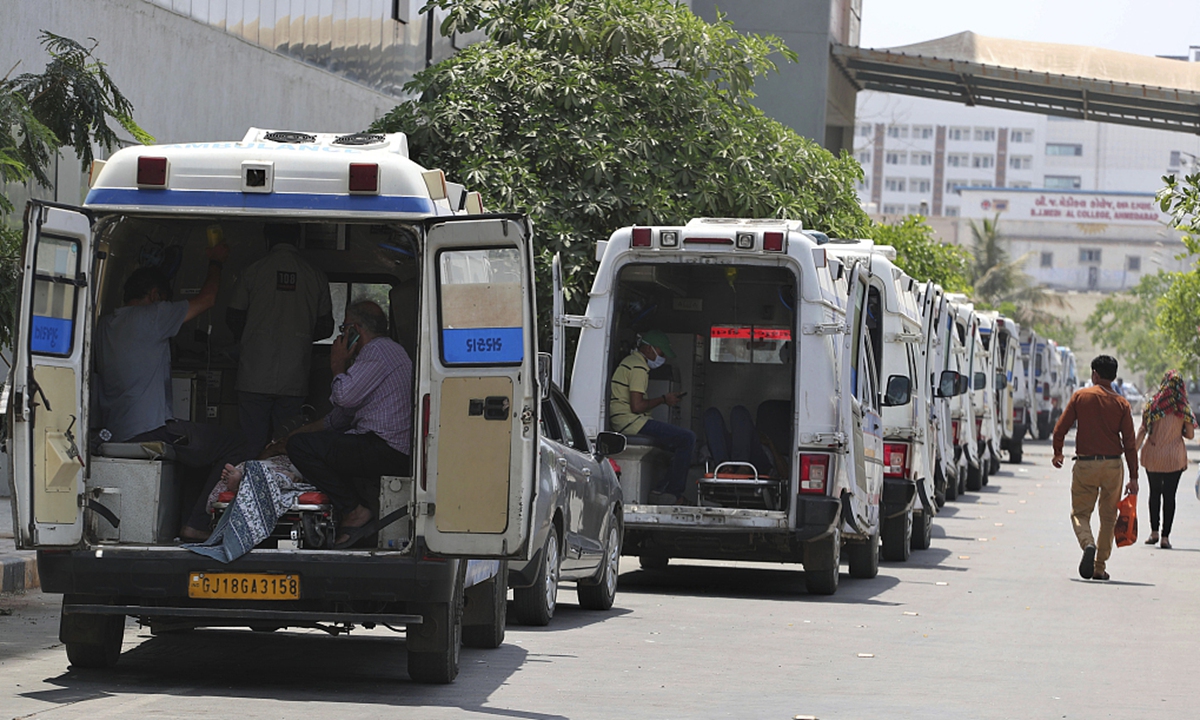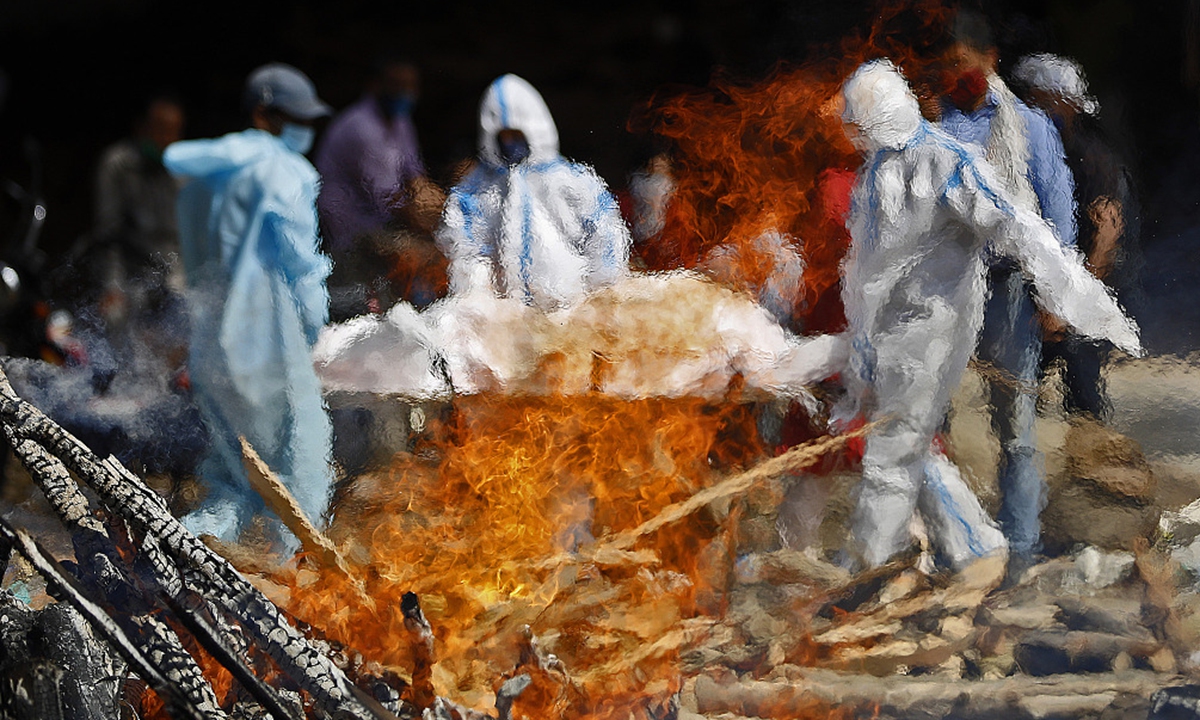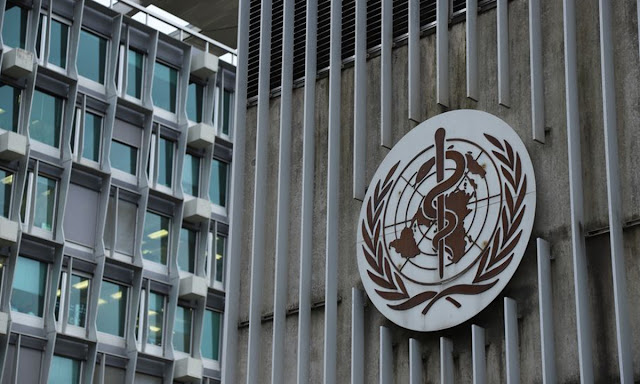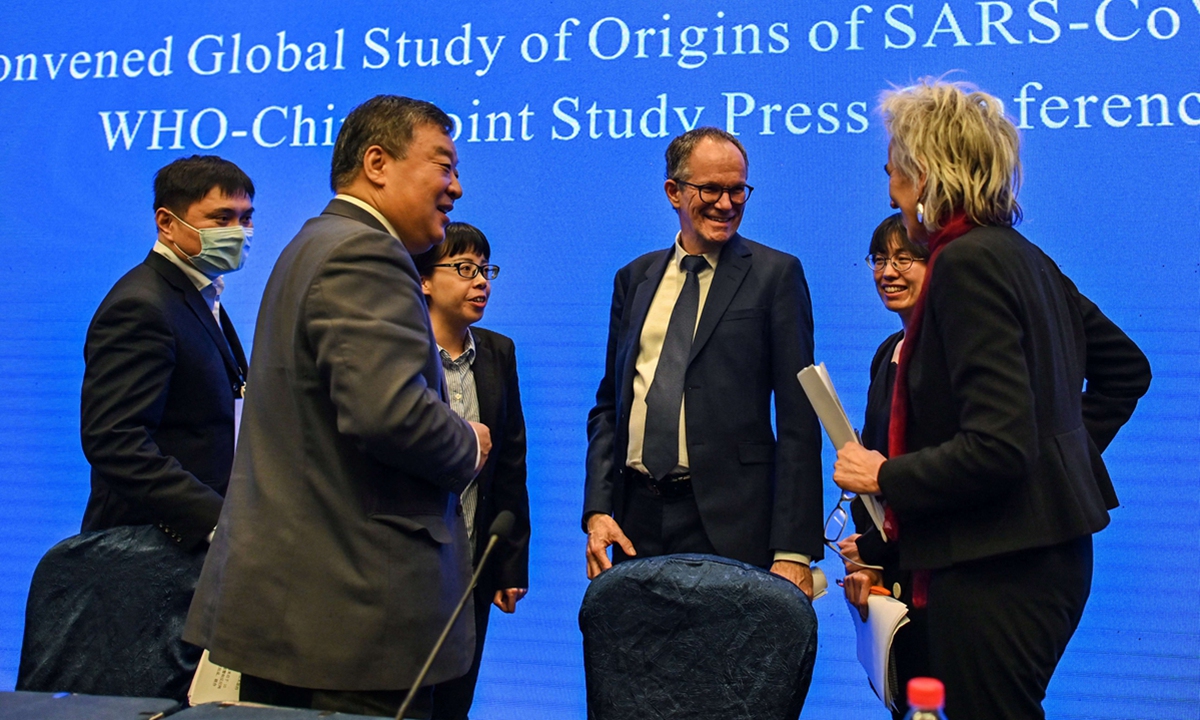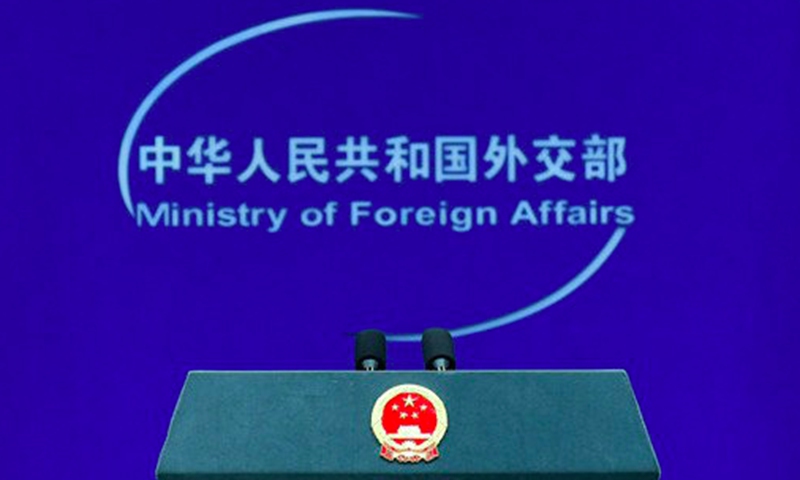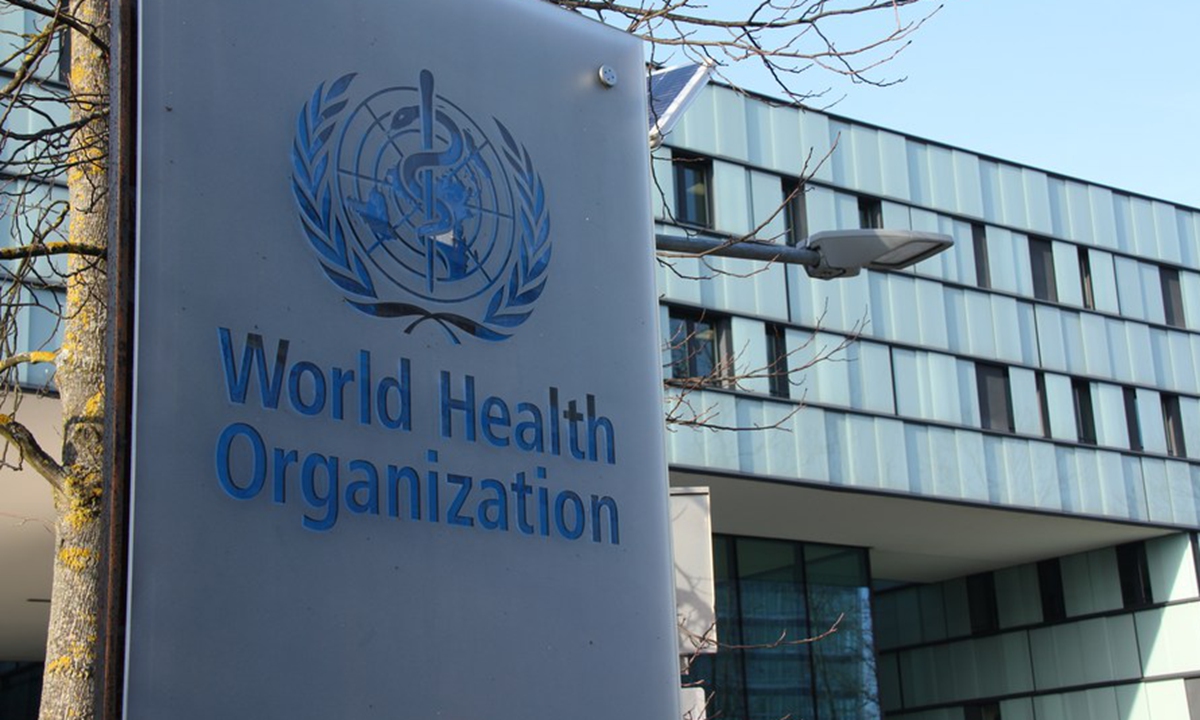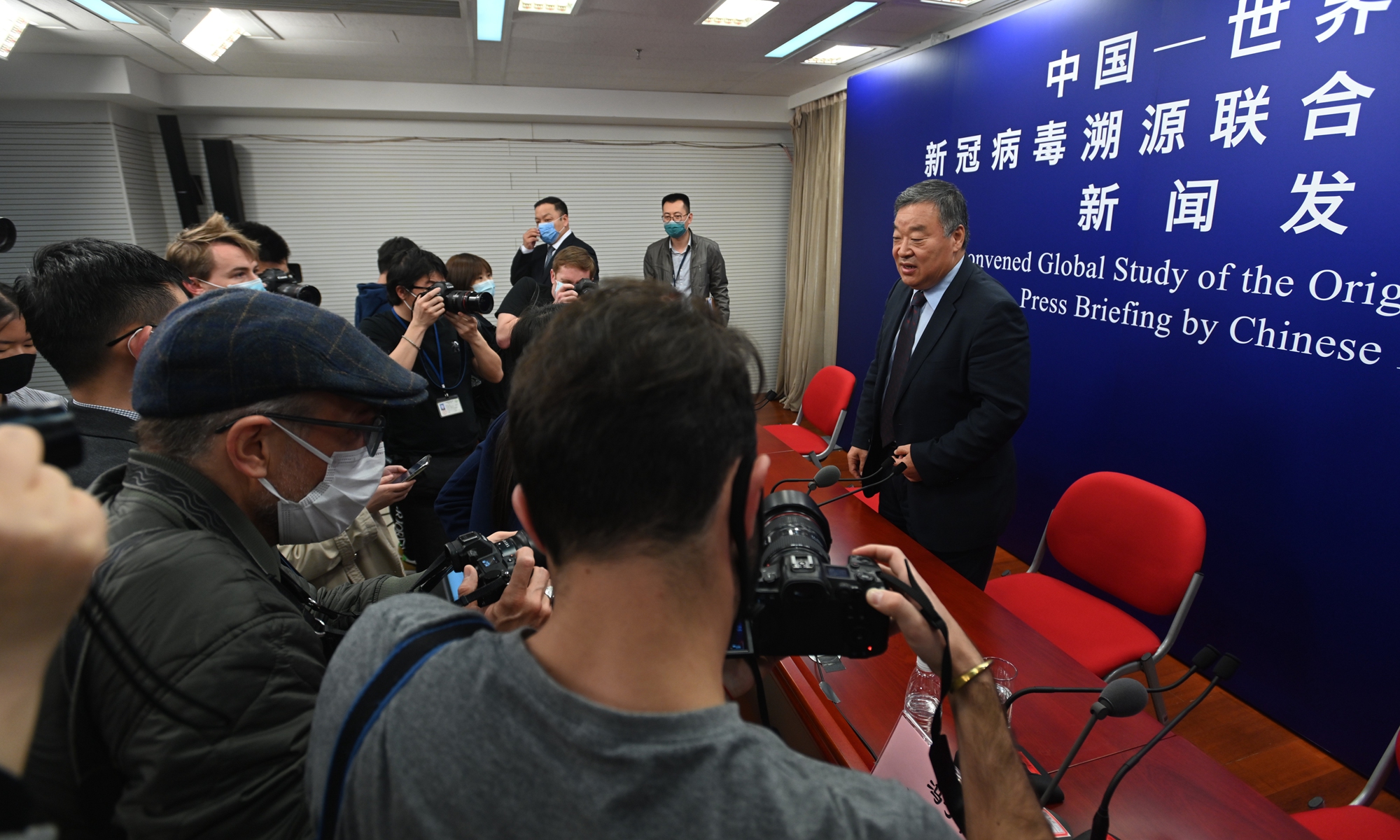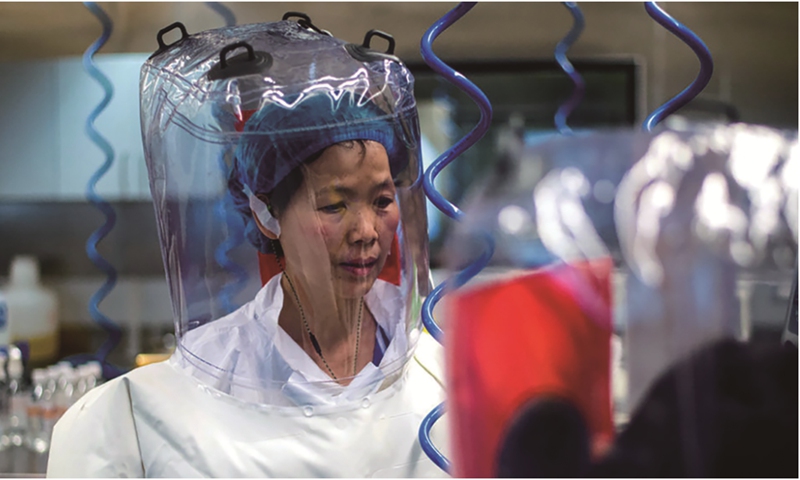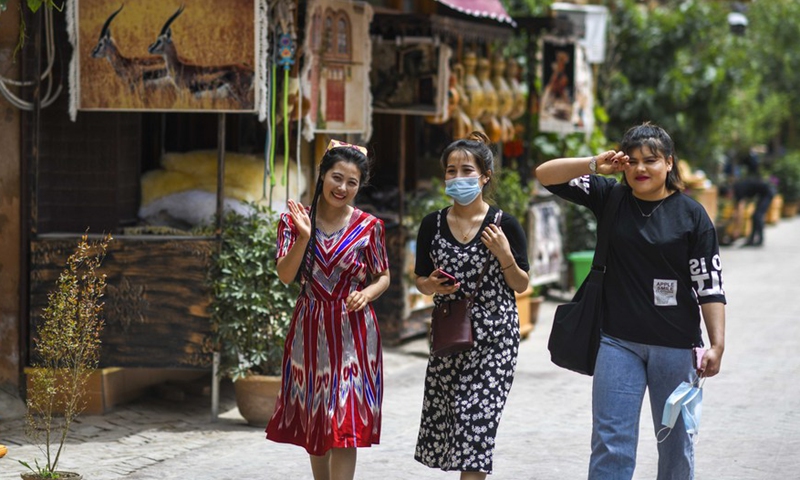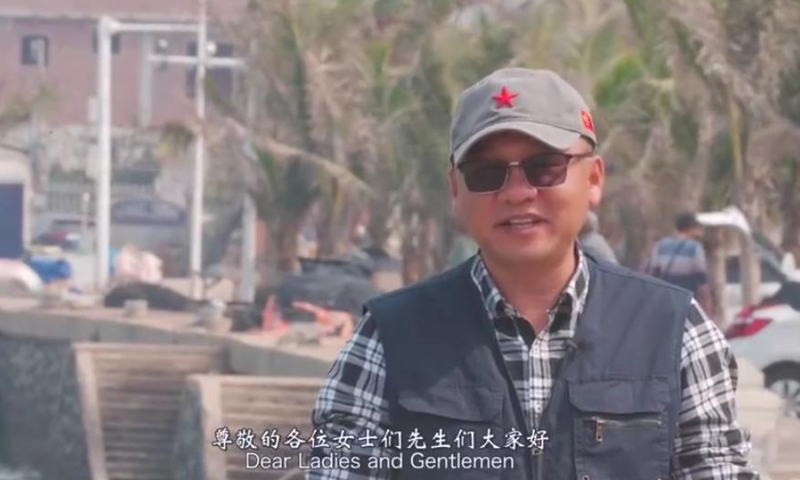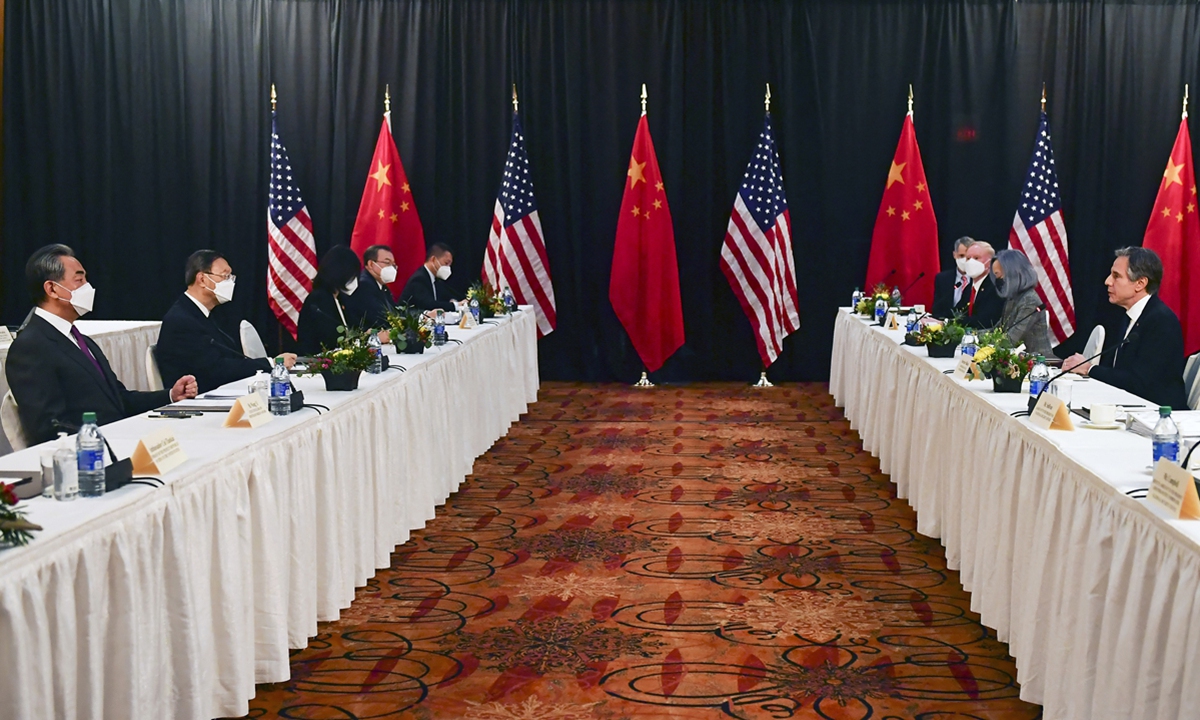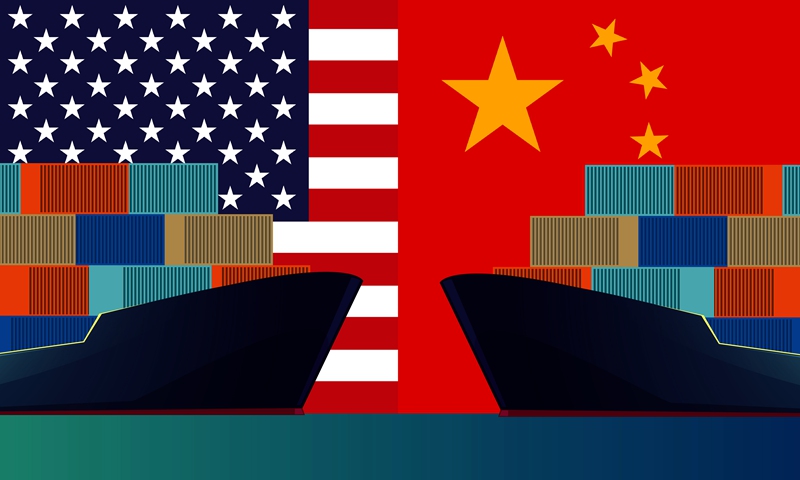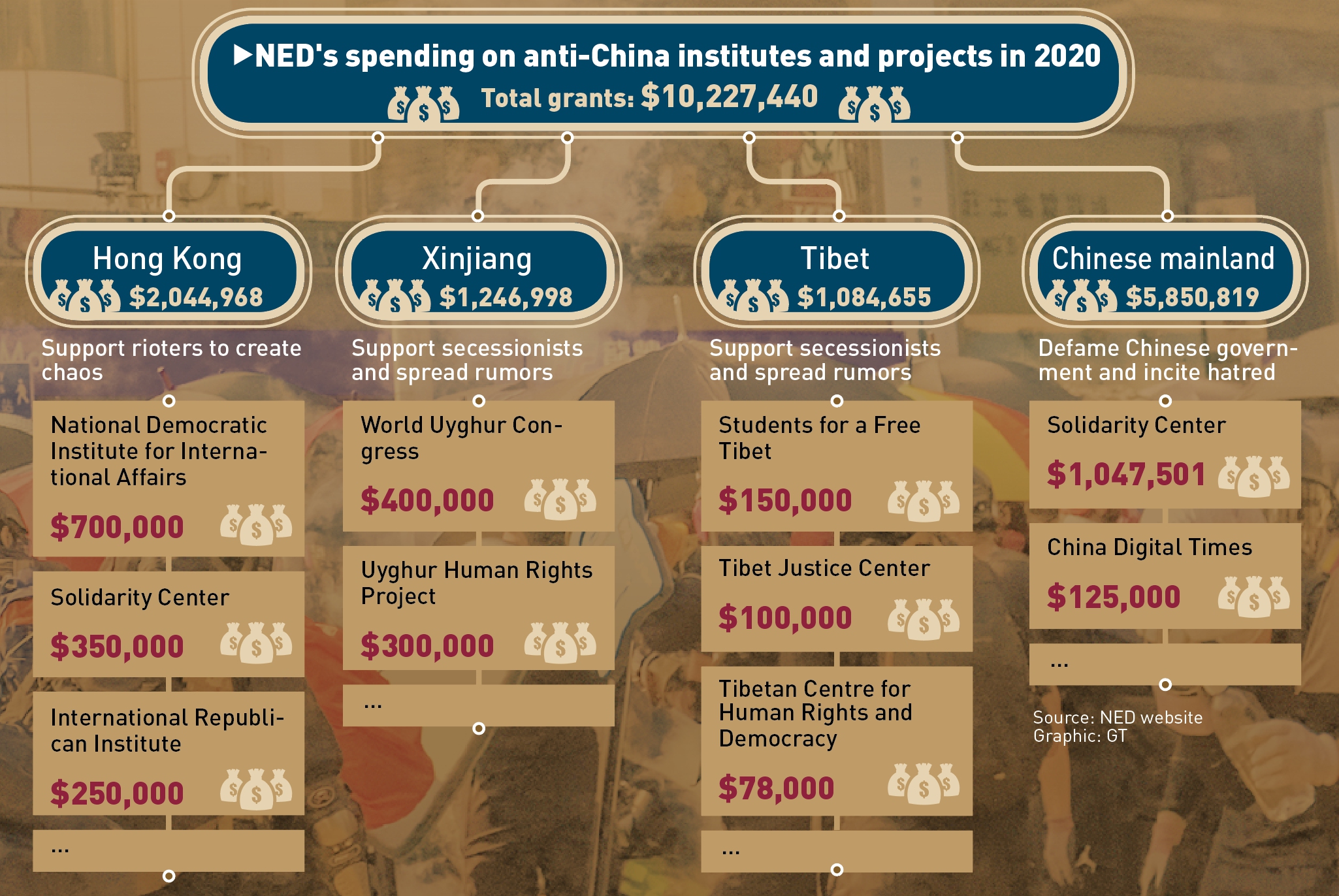A review of China’s Tianwen-1 Mars exploration mission
Chinese President Xi Jinping sent warm congratulations and sincere greetings to the personnel involved in the Saturday feat.
Xi, also general secretary of the Communist Party of China Central Committee and chairman of the Central Military Commission, said in his congratulatory letter that this success marks a major step forward in the country’s interplanetary exploration, achieving a leap from Earth-moon system to the interplanetary one. Leaving the footprint of Chinese people on Mars for the first time marks another milestone of the country’s space industry development.
Xi also noted that the country will always remember the contributions and achievements of the participants of the mission, stressing that it is their courage to challenge and pursue excellence that has brought the country to a leading position in the world in terms of interplanetary exploration.
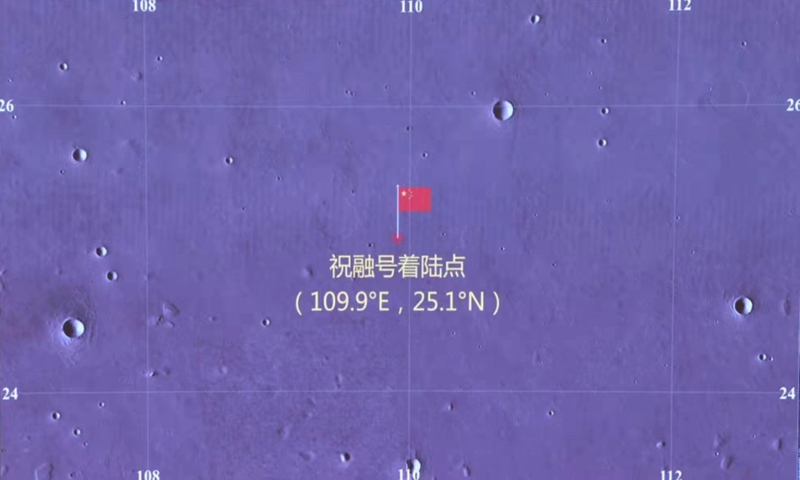
According to the CNSA, Tianwen-1 probe lowered its altitude from the Martian parking orbit around 1 am Saturday, before its lander-rover combination separated with the orbiter around 4 am. The lander-rover combination then took another flight of three hours before its entry into Mars atmosphere.
The Chinese spacecraft, after entering the Mars atmosphere, spent around nine minutes decelerating, hovering for obstacle avoidance and cushioning, before its soft landing on the designated landing site at the Utopia Planitia, CNSA said.
The orbiter rose and returned to the parking orbit 30 minutes after the separation, to provide relay communication for the landing craft combo, the Chinese space agency said.
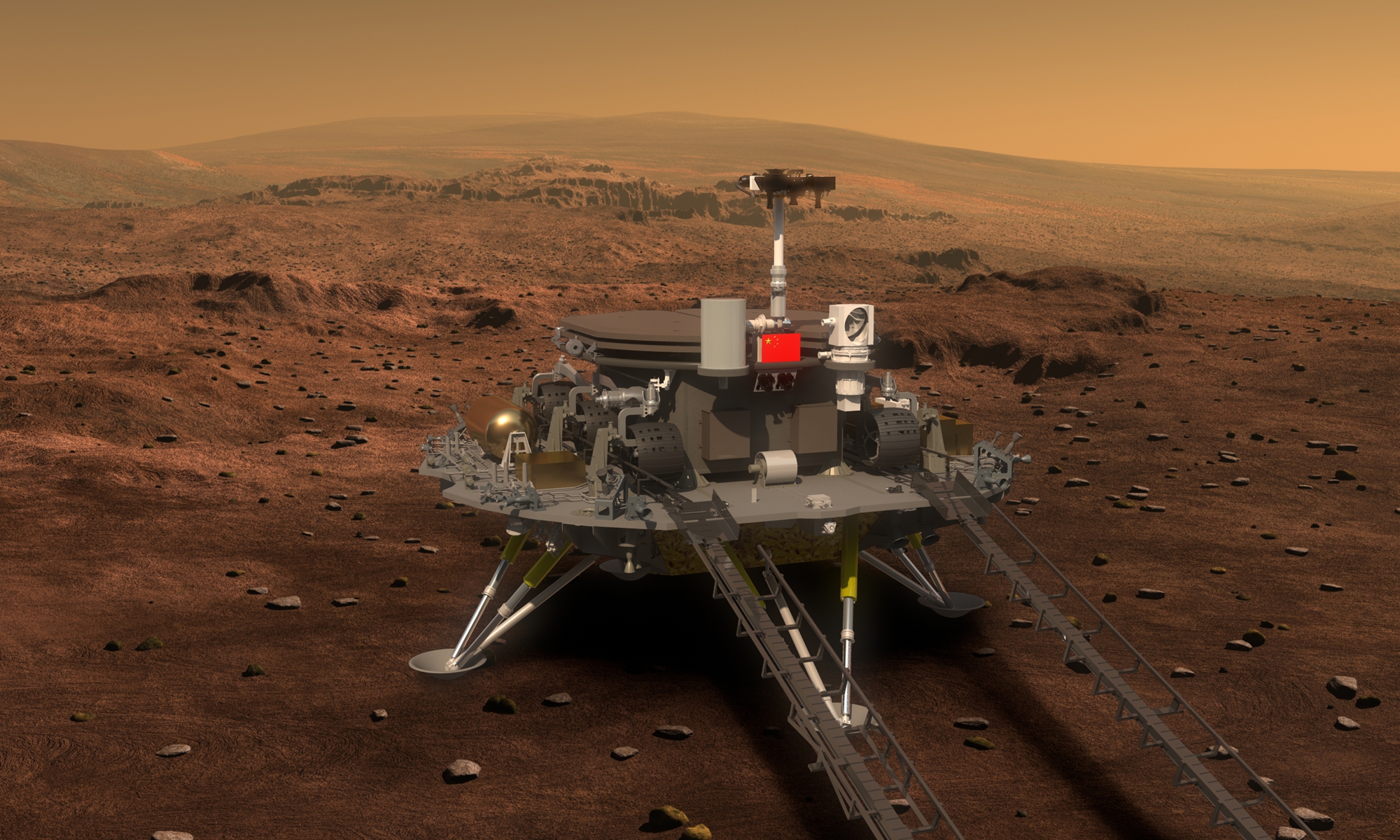
CNSA underscored that it has conducted cooperation with a range of international aerospace organizations and countries including the Europe Space Agency, Argentina, France and Austria, throughout the implementation of its Tianwen-1 Mars mission.
The smooth landing of the Tianwen-1 probe marked that China has become the third nation that has achieved such a feat, following Russia and the US.
The successful touchdown of Tianwen-1 took place on the 295th day of its journey after it was launched and sent into planned orbit via a Long March-5 carrier rocket from Wenchang Spaceport in South China’s Hainan Province on July 23, 2020.
The whole entry, descent and landing (EDL) of Tianwen-1 took around 9 minutes, during which the speed of the craft was reduced from 20,000 kilometers per hour to zero, according to the China Academy of Space Technology (CAST) the developer of the lander-rover combo of Tianwen-1.
The EDL of the Chinese craft first involved an aerodynamic decelerating stage before it deployed parachute and variant thrust engine systems.
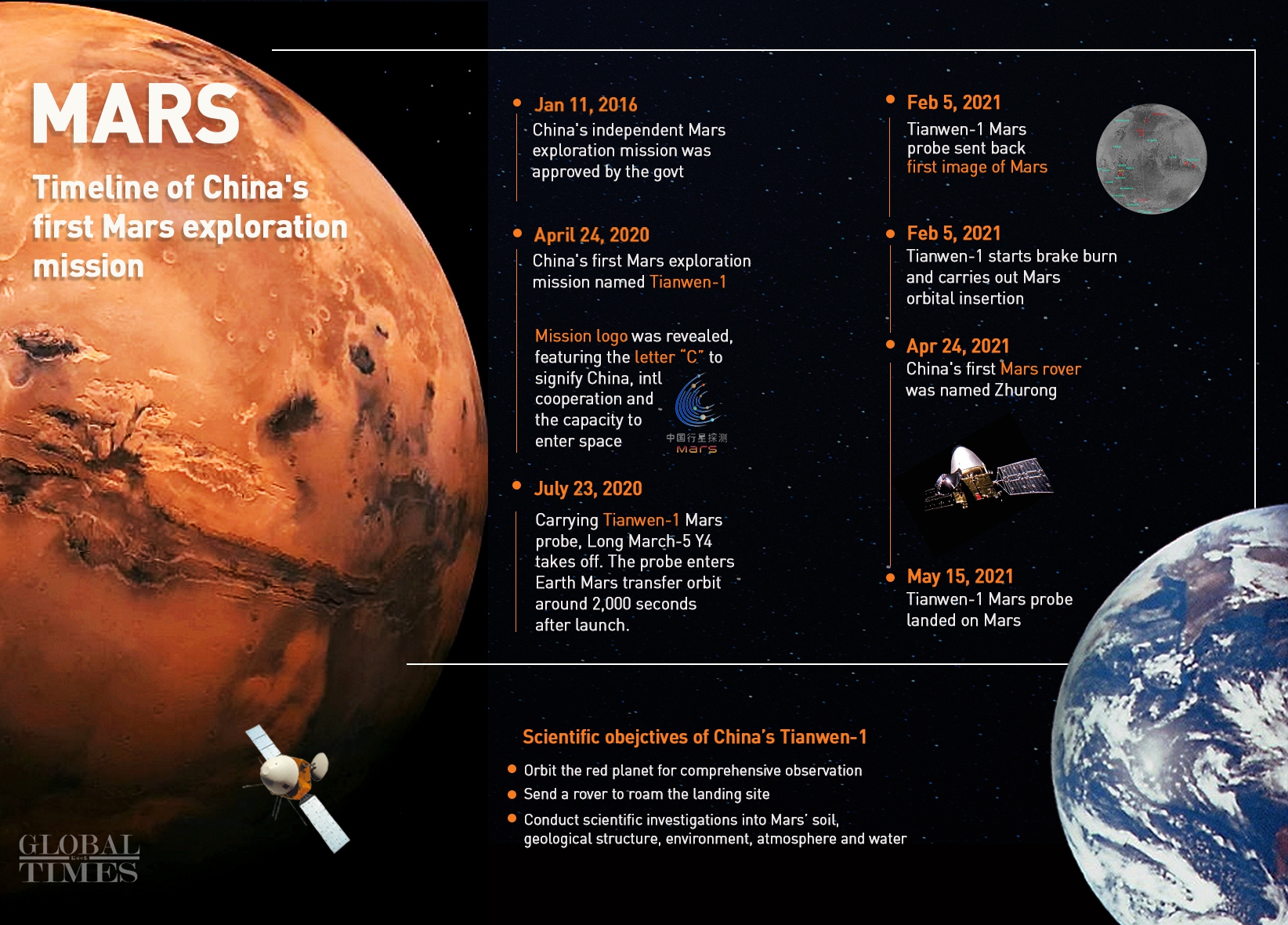
Such an aerodynamic decelerating stage reduced the craft's speed by some 90 percent, and then the parachute stage helped it further decelerate to some 100 meters per second before the thrust engine systems were turned on to enable the craft to enter a hovering stage as it reaches some 100 meters above the surface, said Wang Chuang, the chief director-designer of the Tianwen-1 probe with the CAST.
“At the hovering stage, the six instruments on board the rover, including microwave sensors to determine speed and distance and optical cameras, were started simultaneously in order to ‘search for a safer’ spot for the soft landing,” he explained.
Chinese space industry insiders told the Global Times on Saturday that although Tianwen-1 has inherited mature hovering and obstacle avoidance technology from the previous Chang’e-3,-4, and -5 lunar probe missions, there are still plenty of new challenges in its Mars landing attempt.
Currently, the success rate of humanity’s Mars landings is only below 50 percent, and most failed attempts happened at the EDL stage. “It took an extremely accurate operation of a range of technology, including aerodynamic shape design, parachute and engine, to achieve [the] soft landing on Mars. There is no room for defiance of even one second on any single system,” Sun Zezhou, the Tianwen-1 designer-in-chief with the CAST, noted.
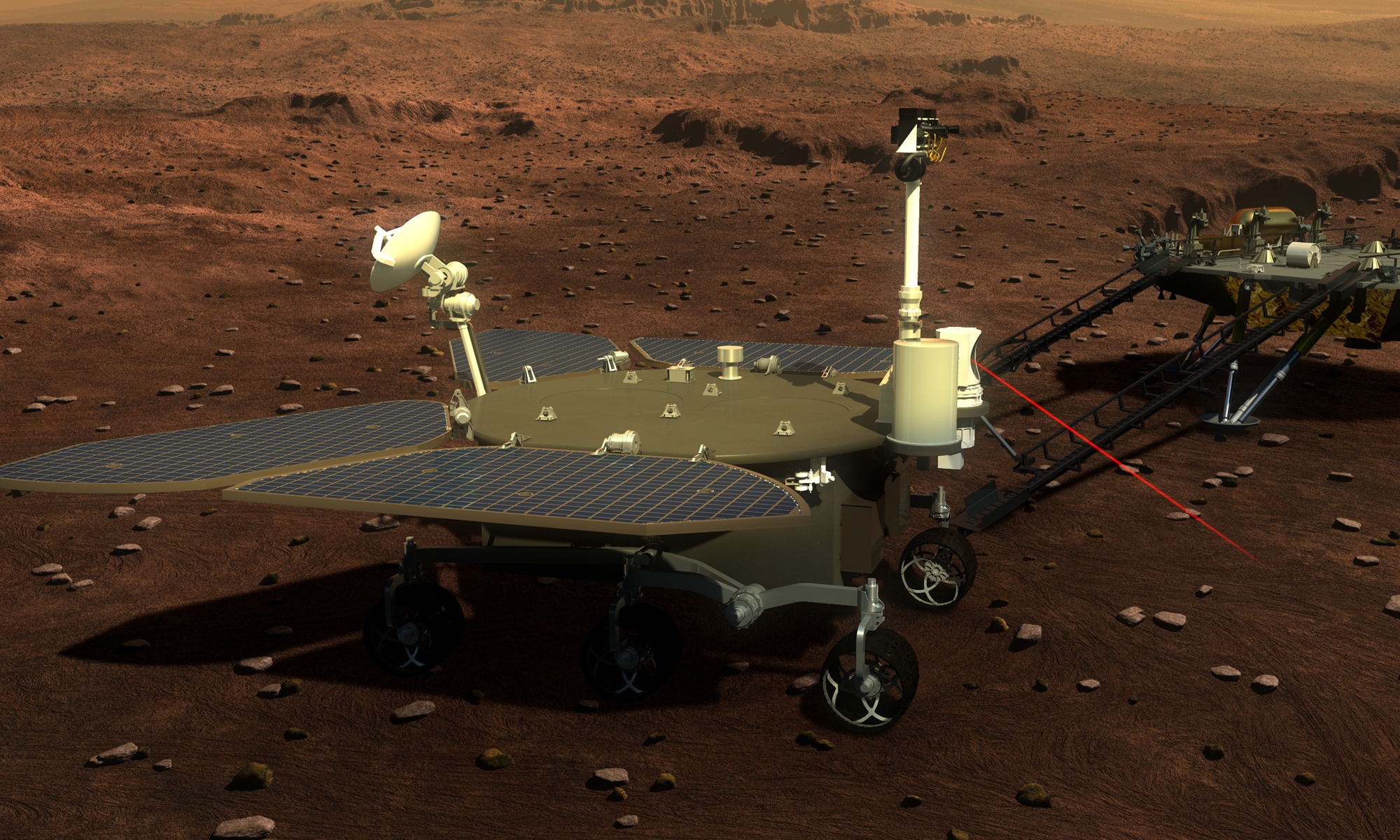
Compared to the moon, Mars is first and foremost much further from Earth, which results in an inevitable communication delay of some 20 minutes. It means that Tianwen-1 is very much on its own in the landing process, CAST experts said.
Also, although the density of Mars’ atmosphere is only 1 percent of Earth’s atmosphere, it causes a more complicated environment for landing than a touchdown on the moon, as there is no atmosphere on the Earth’s closest celestial neighbor, they added.
“We did not have first-hand data on the Mars atmosphere… which means we were put in an entirely unknown environment. One can imagine the level of difficulty,” Chen Baichao, chief director-designer of the rover system with the CAST.
China has adopted a unique trajectory-elevation plan based on trim-wing design to resist the risks of uncertainty brought by the Mars atmosphere, according to the CAST.
Named after an ancient fire god of Chinese mythology, the 1.85-meter-tall and some 240-kilogram Zhurong Mars rover will then be deployed. It is designed to rove the planet for at least 3 Martian months, approximately 92 days on Earth.
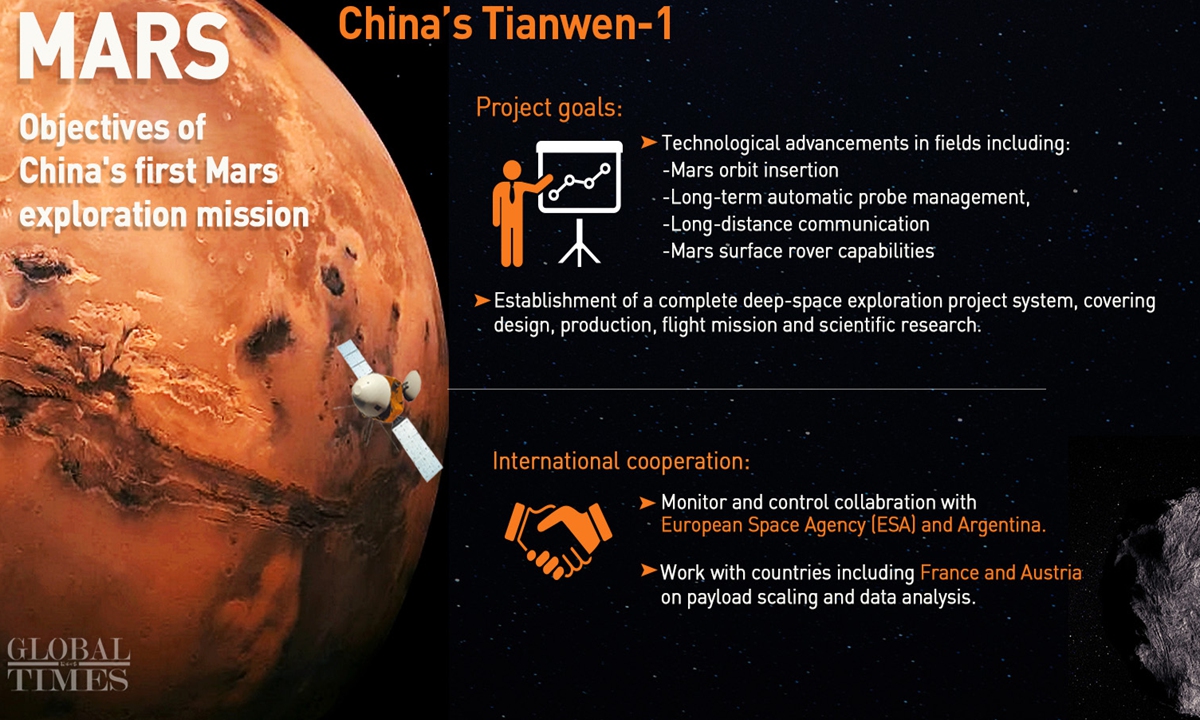
In total, six scientific payloads – a pair of navigation and terrain cameras, a multispectral camera, a Mars surface composition detector, a penetrating radar, a mast-mounted magnetometer and a Mars climate station – were installed on Zhurong to study the topography, geology, soil structure, minerals and rock types and atmosphere in the area.
To survive the notoriously harsh sand storm on Mars’ surface, speed of which could reach 180 meters per second, about three times stronger than that of a super typhoon on Earth, Chinese engineers have developed a new material for Zhurong, enabling it to resist dust stains and shake off the dust, if any, by vibration.
Also, when the Mars rover encounters complicated situations on its drive path, Chinese scientists will conduct a simulation test on Earth with a 1:1 Zhurong model in the lab first, before they send instructions to the rover, Global Times learned from the CAST.
The technology used in the landing is based on China's successful human spaceflight and lunar missions, Andrew Jones, a Finland-based space observer who follows China's space industry, told the Global Times. "They haven't tested this altogether, but they have had the experience of dealing with these technologies."
What China is doing in the Tianwen-1 expedition is “extremely challenging and impressive,” said Jones.
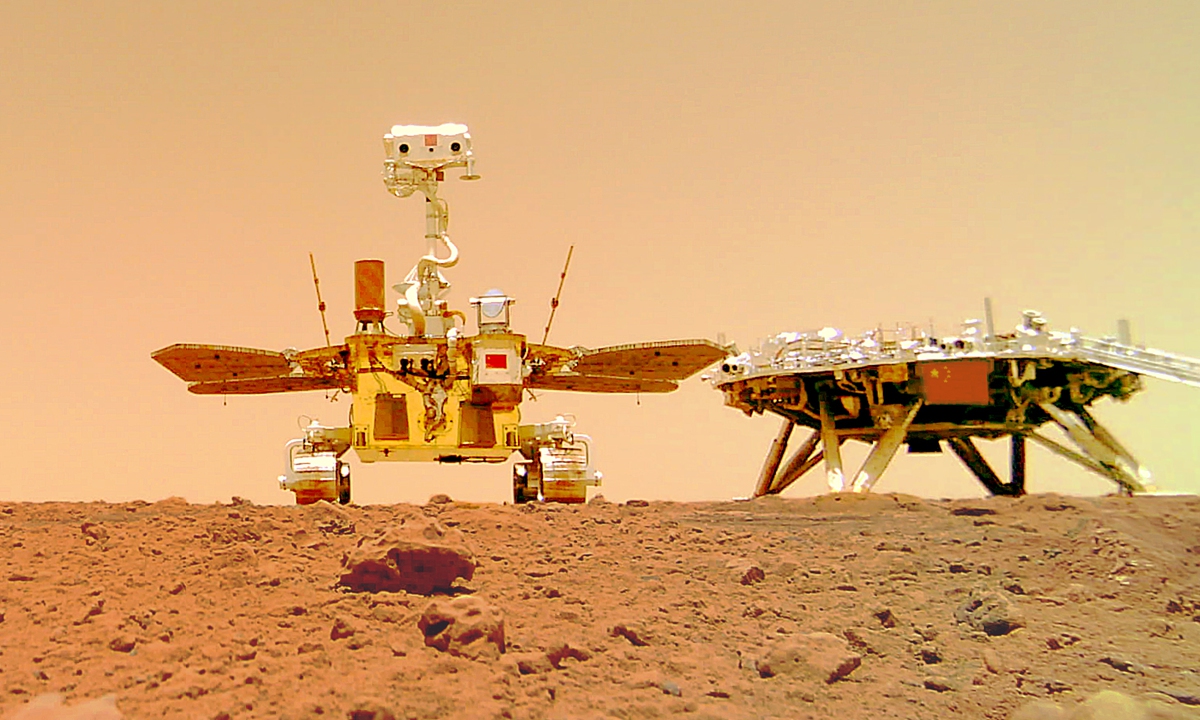
China unveils images of Mars taken by Zhurong rover, marking success of ...
China on Friday unveiled the first batch of images from the Tianwen-1 spacecraft's landing on Mars. The images were taken ...
God of Fire' lands on Red Planet | The Star
.Mars rover after ‘nine
minutes of terror’
China successfully launches 1st Mars probe
Live: China's inaugurates first Mars exploration mission Tianwen-1 in southern Hainan Province
Long March-5 rocket in position for China's first Mars probe





 llustration: Chen Xia/GT
llustration: Chen Xia/GT